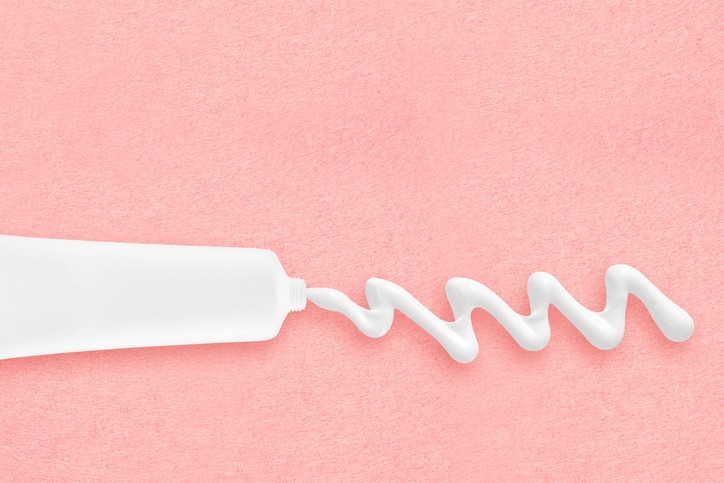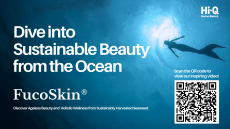L’Oréal to launch paper-based cosmetic tubes in 2020

The partnership forms part of wider sustainable commitments made by L’Oréal and Albéa and aligns with the Ellen MacArthur Foundation’s New Plastics Economy Global Commitment, of which both are signatories.
The co-developed cosmetics tubes use a bio-based and certified paper-like material to replace most of the plastic and its full environmental benefits would be assessed through a multi-criteria Life Cycle Analysis once up-scaled.
‘One step further’
Philippe Thuvien, vice-president of packaging and development at L’Oréal, said this latest development took L’Oréal “one step further” in its efforts to improve the environmental footprint of its packaging.
Thuvien said “working upstream and closely with Albéa” had enabled the co-development of an innovative alternative to L’Oréal’s current cosmetic packaging.
“We target a first market launch for skin care products in the second half of 2020,” he said.
Thuvien added that L’Oréal’s overall goal was to improve the environmental or social profile of all its packaging by the end of next year.
L’Oréal has made several sustainability commitments recently, notably its commitment to zero-net emissions by 2050 as part of the United Nations’ Global Compact Business Ambition for 1.5°C and its part in the business coalition One Planet Business for Biodiversity (OP2B), launched at the United Nations’ Climate Action Summit that pledges to develop business models that limit a global temperature rise above pre-industrial levels.
The beauty major’s Chief Ethics Officer Emmanuel Lulin also recently detailed how focused the company was on addressing climate change across the organisation.
Collaboration key
Gillles Swyngedauw, vice-president of Corporate Social Responsibility for innovation and marketing at Albéa, said co-development of the paper-based cosmetic tubes had been successful thanks to the collaborative approach taken with L’Oréal.
“It is only through collaboration with our customers and partners that we can invent the safe, circular, minimum-impact packaging that the beauty market wants,” Swyngedauw said.





























